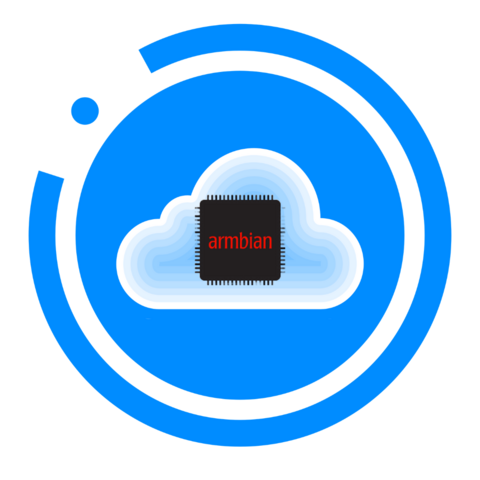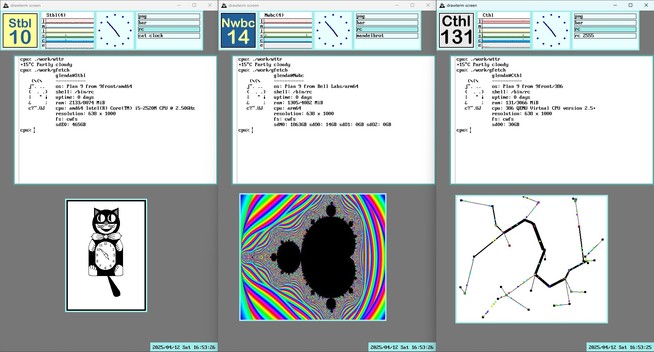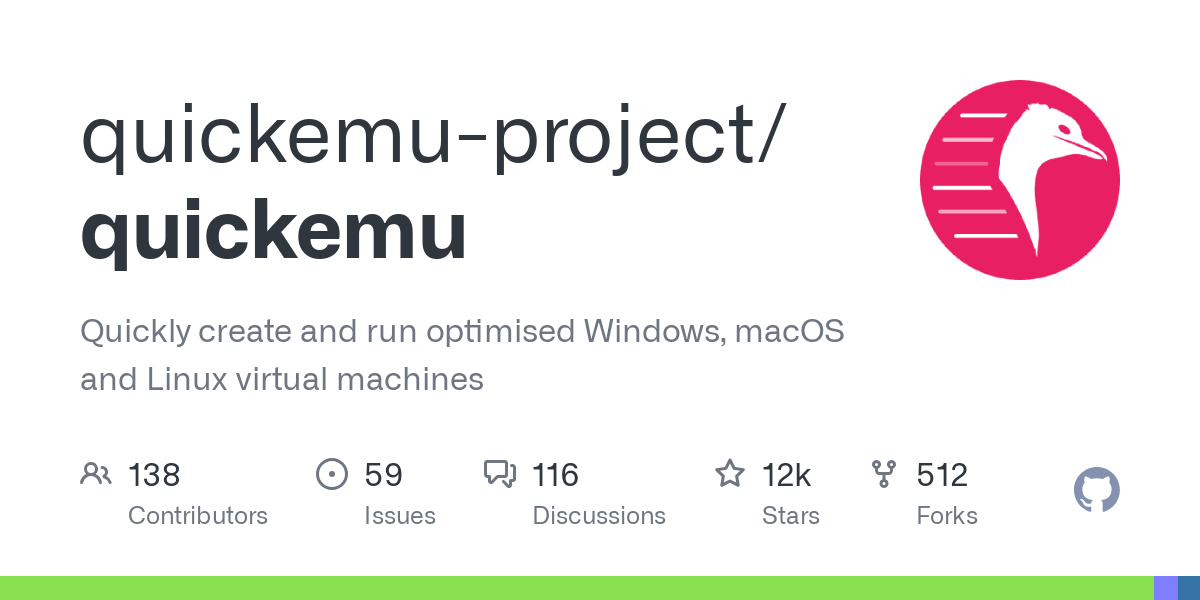Service-Hinweis: Wenn man in der Definition einer virtuellen Maschine bei qemu/libvirt den Prozessortyp auf „qemu64" stellt, lässt sich ein vorhandenes W10 auch dann auf W11 aktualisieren, wenn der real vorhandene Prozessor von Microsoft als nicht für W11 geeignet festgelegt wurde.
Mein i5-6500 wird für das Update abgelehnt, bei der „QEMU Virtual CPU version 2.5+" meldet die PC-Integritätsprüfung „Der Prozessor wird für Windows 11 unterstützt."









